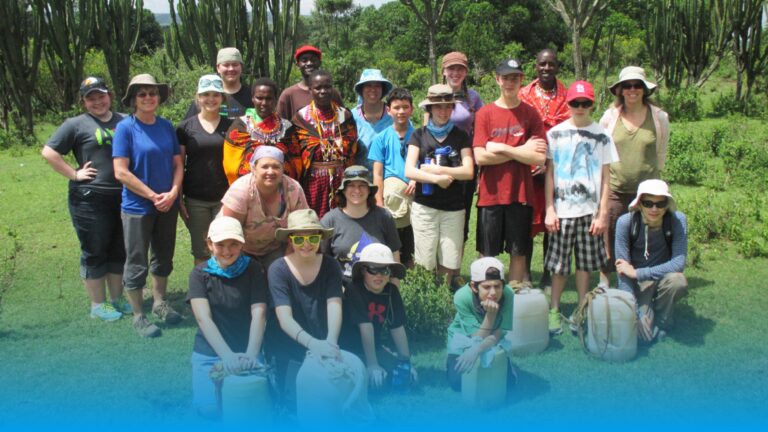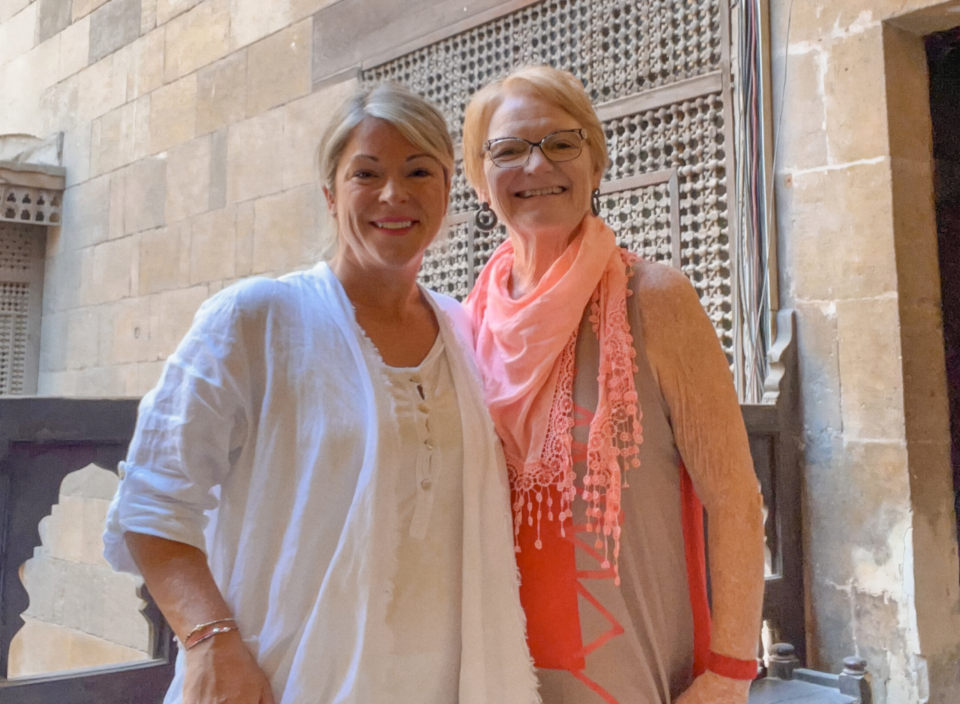There’s no “I” in team, but there’s certainly one in cycling. And from the outside, that seems to make sense. There’s only one winner. But the truth is, cycling is the epitome of a team sport—and, here at EF, the members of our professional cycling team (yes, we have one) want the world to know it. So, here are five lessons about teamwork we picked up from their sport. Pro tip: You don’t have to be a pro athlete to put these to use.
5 Lessons we learned from our Cycling Team
)
)
)
)
)


